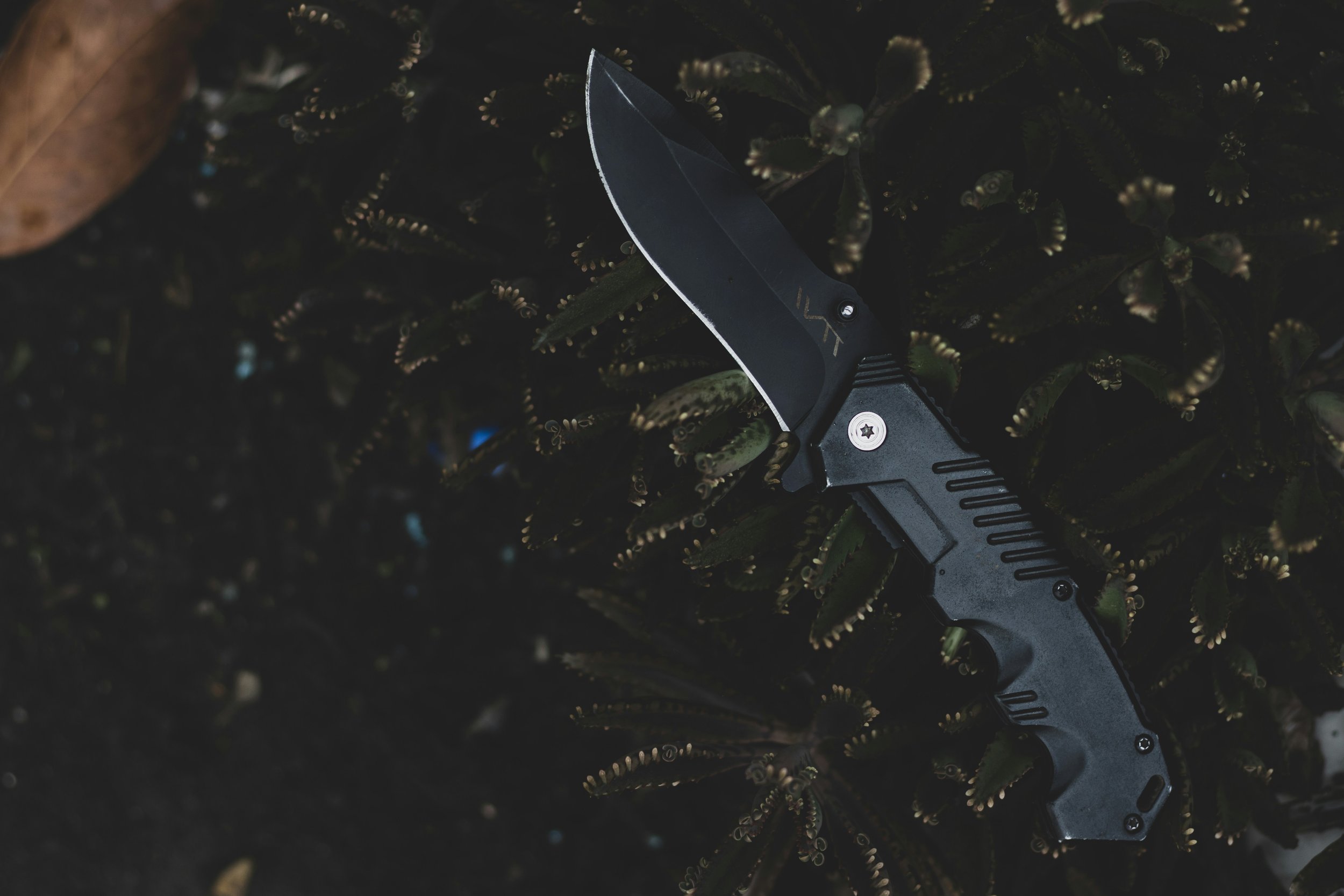
first aid
The Art of Knife-play now available at all major online retailers.
$7.99 USD for electronic / kindle book
$11.99 USD for paperback.
Let us know if you want a hardcover version!
Engaging in knife play carries inherent risks, making it imperative to be prepared for potential injuries. Obtaining a first aid qualification equips you with essential skills to respond effectively in emergencies, potentially saving lives.
Training in first aid enables you to manage bleeding, treat wounds, and stabilize individuals until professional medical help arrives.
This knowledge is invaluable, especially in activities where the risk of injury is elevated.
Equally important is maintaining a well-stocked first aid kit at home. Having immediate access to necessary supplies allows for prompt treatment of injuries, reducing the severity of wounds and preventing complications.
However, it's crucial to recognize that first aid is not a substitute for professional medical care.
In the event of a significant injury, seeking immediate medical attention is vital to ensure proper treatment and to prevent long-term health issues.
Being prepared to assist not only ensures the safety of all participants but also fosters a responsible approach to engaging in such activities.
Prioritising safety through proper training, equipment, and timely medical intervention is a crucial step in mitigating the risks associated with knife play.
Some further information below from St John Australia:
